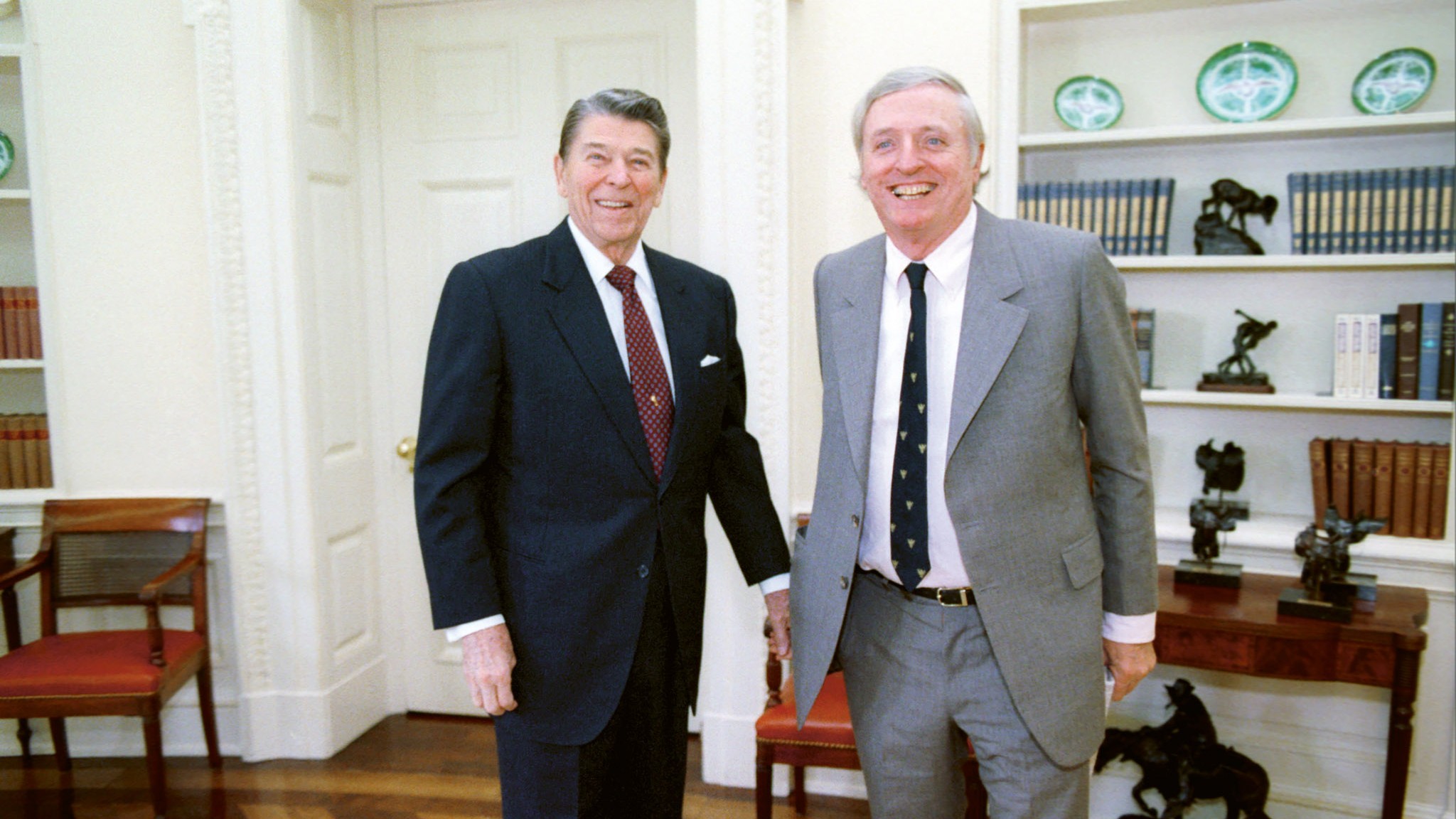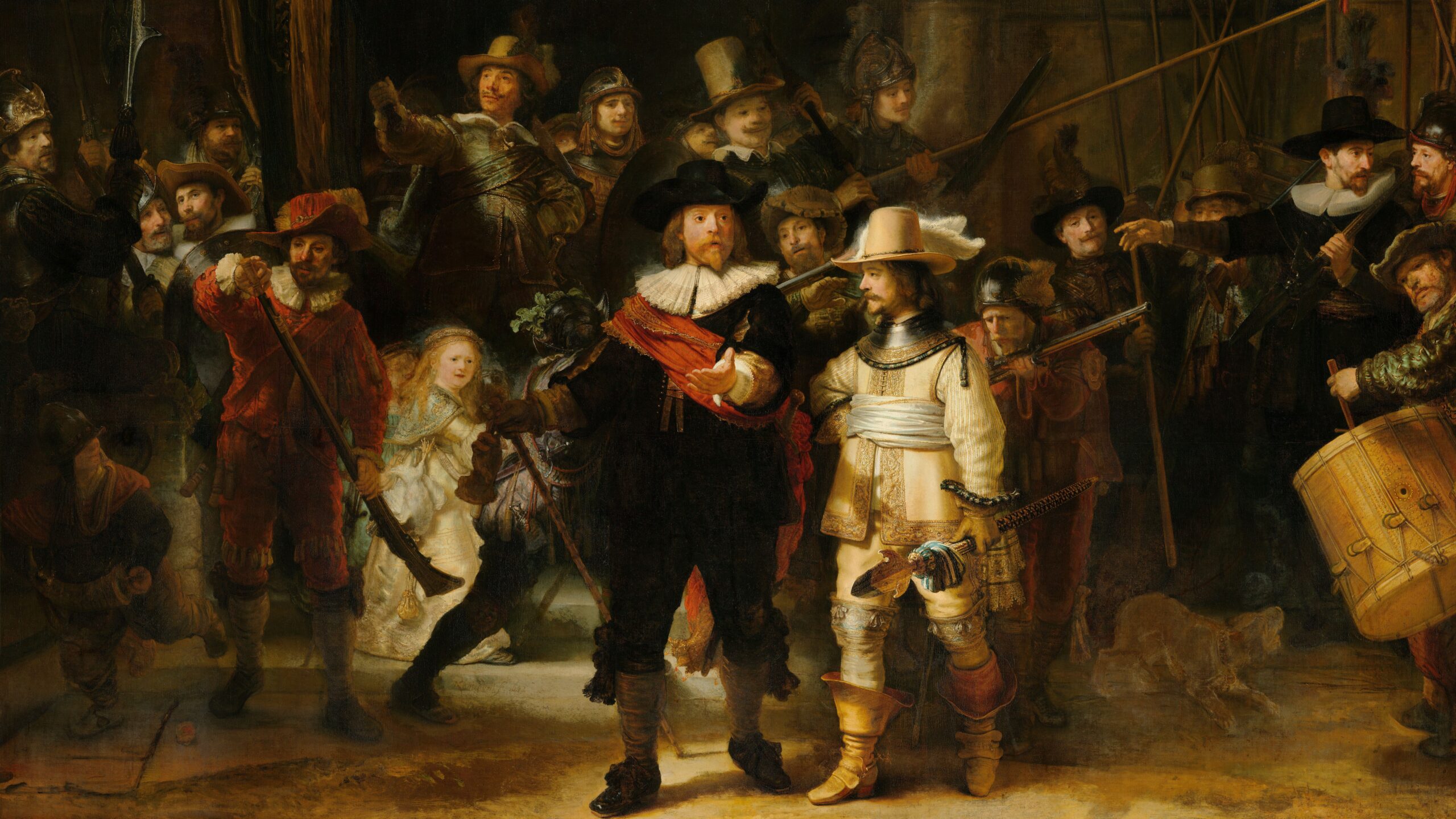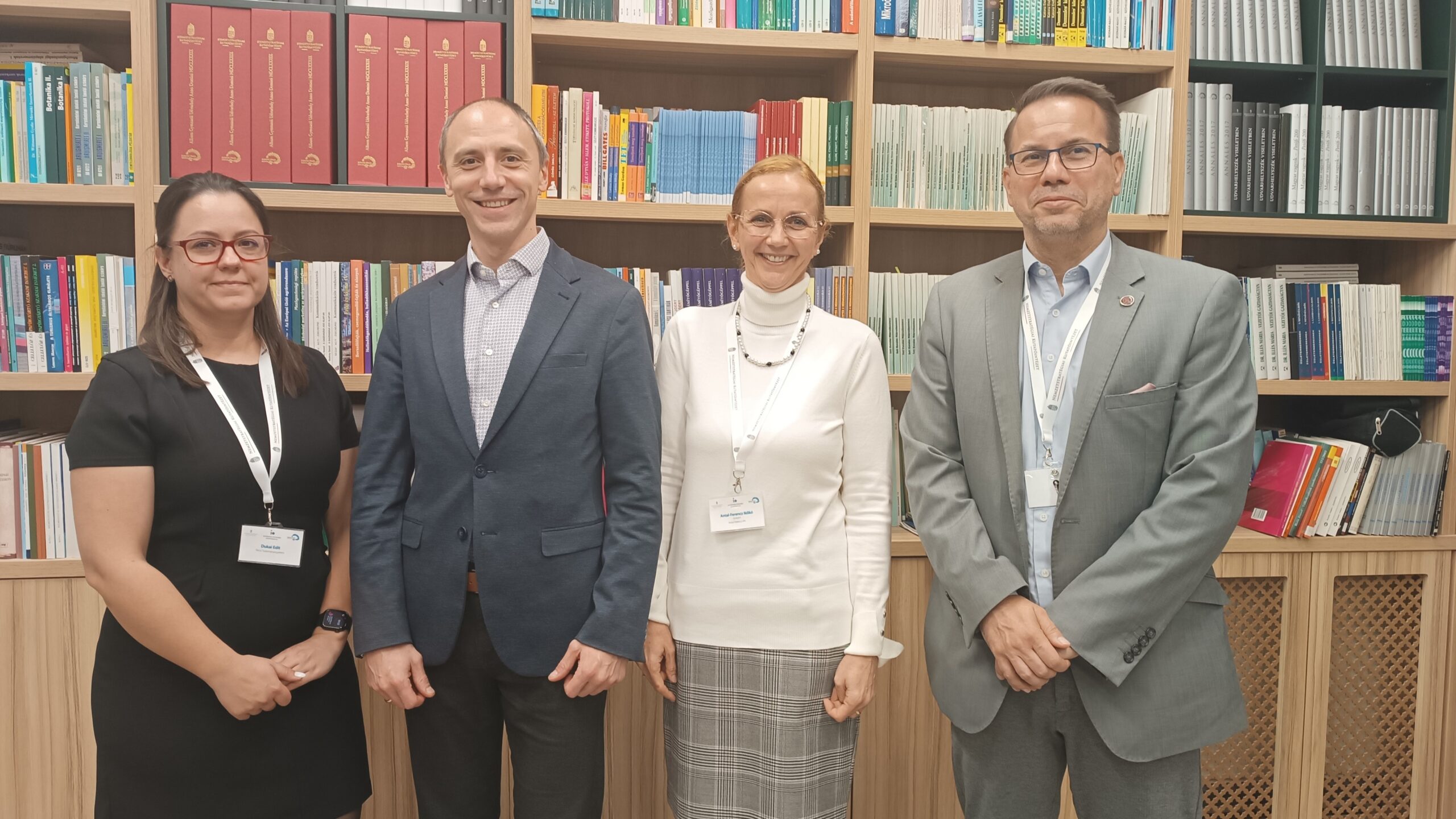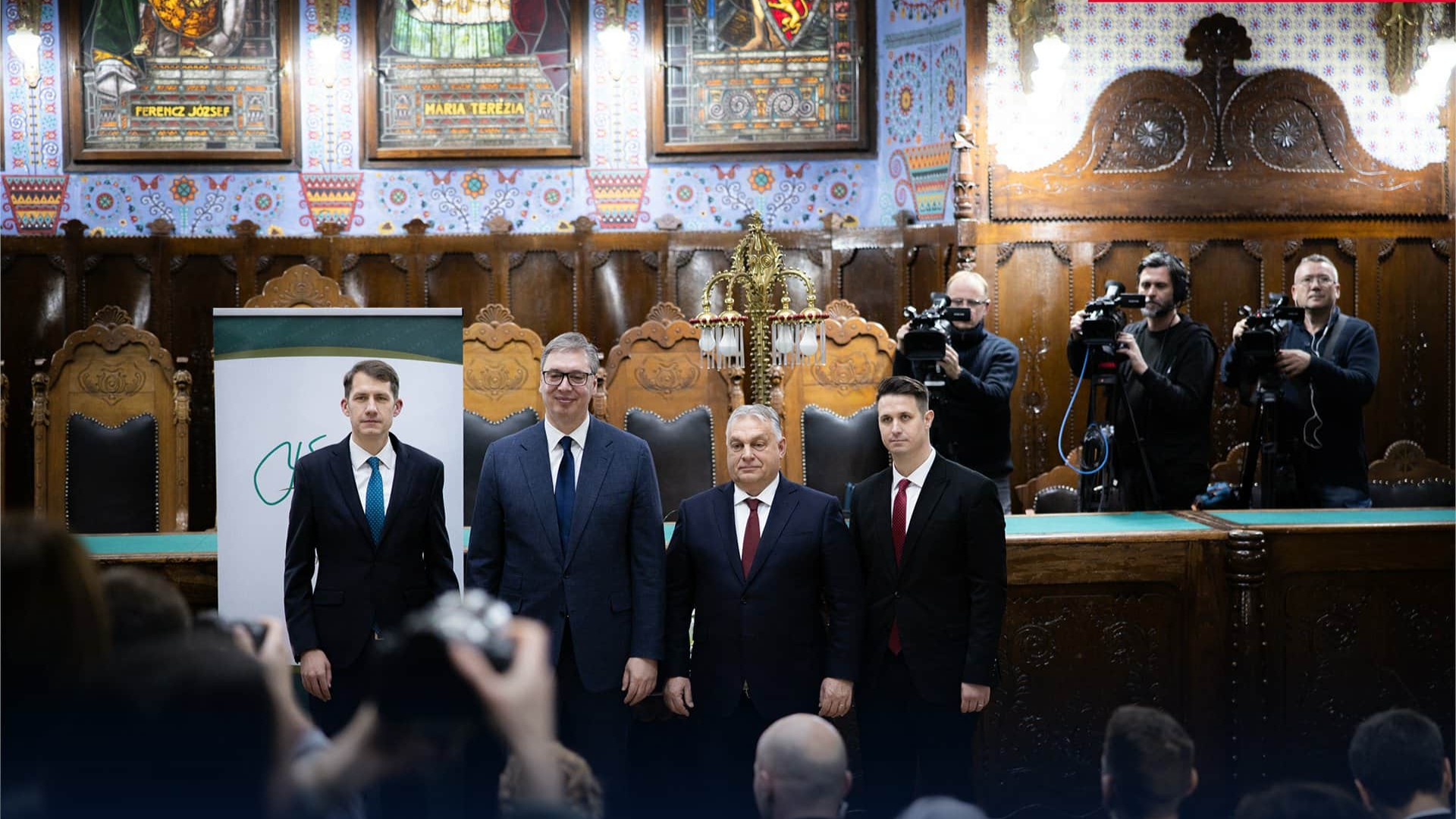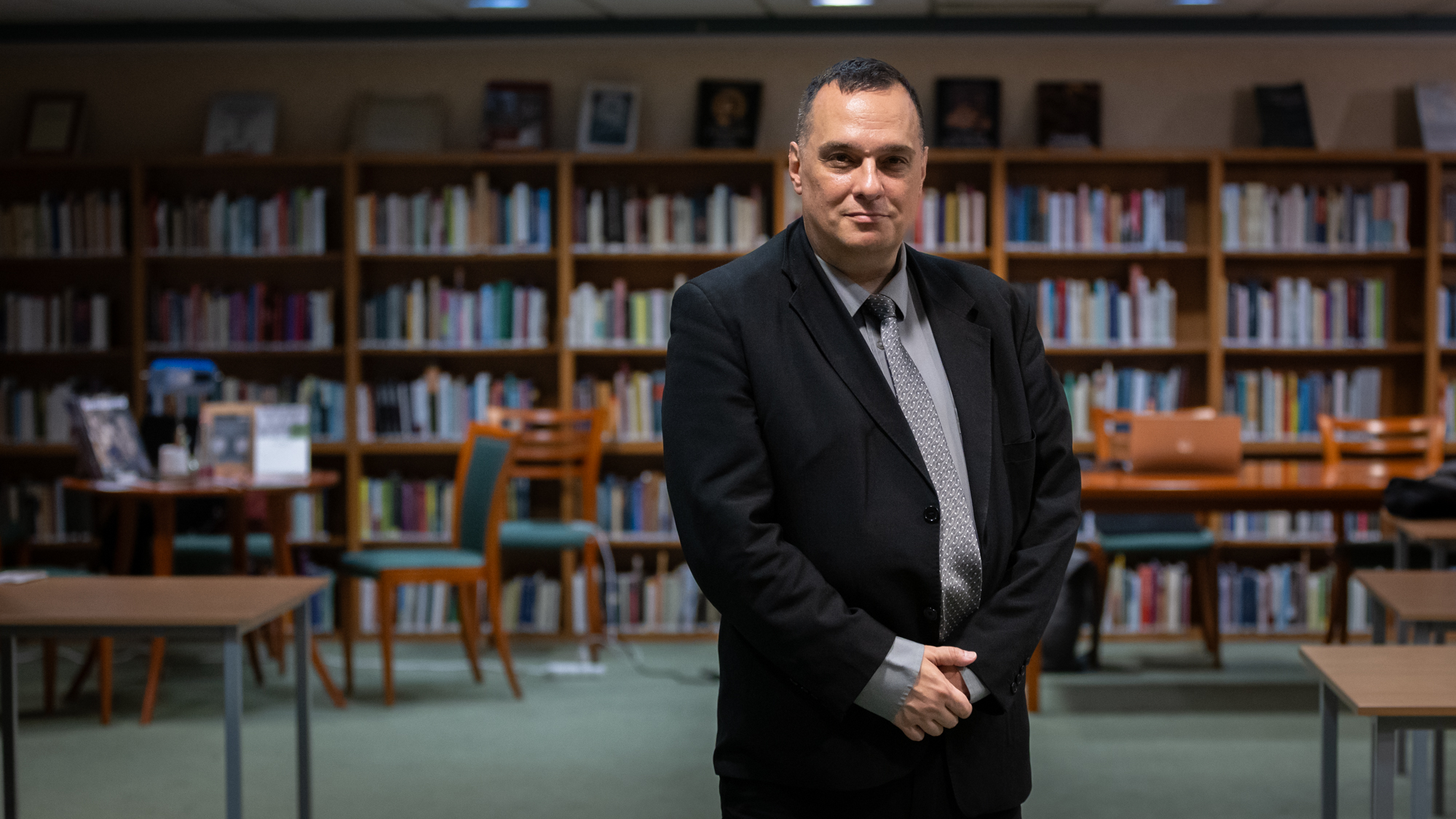
Hungary Becomes the Top European Destination for Israeli Tourists
Hungary has risen from sixth to second place among Israeli travel destinations, driven by public safety and Budapest’s pro-Israel policies. As Israeli tourism surges and travellers favour countries seen as friendly to Israel, Hungary is expected to welcome a record number of visitors this holiday season.

